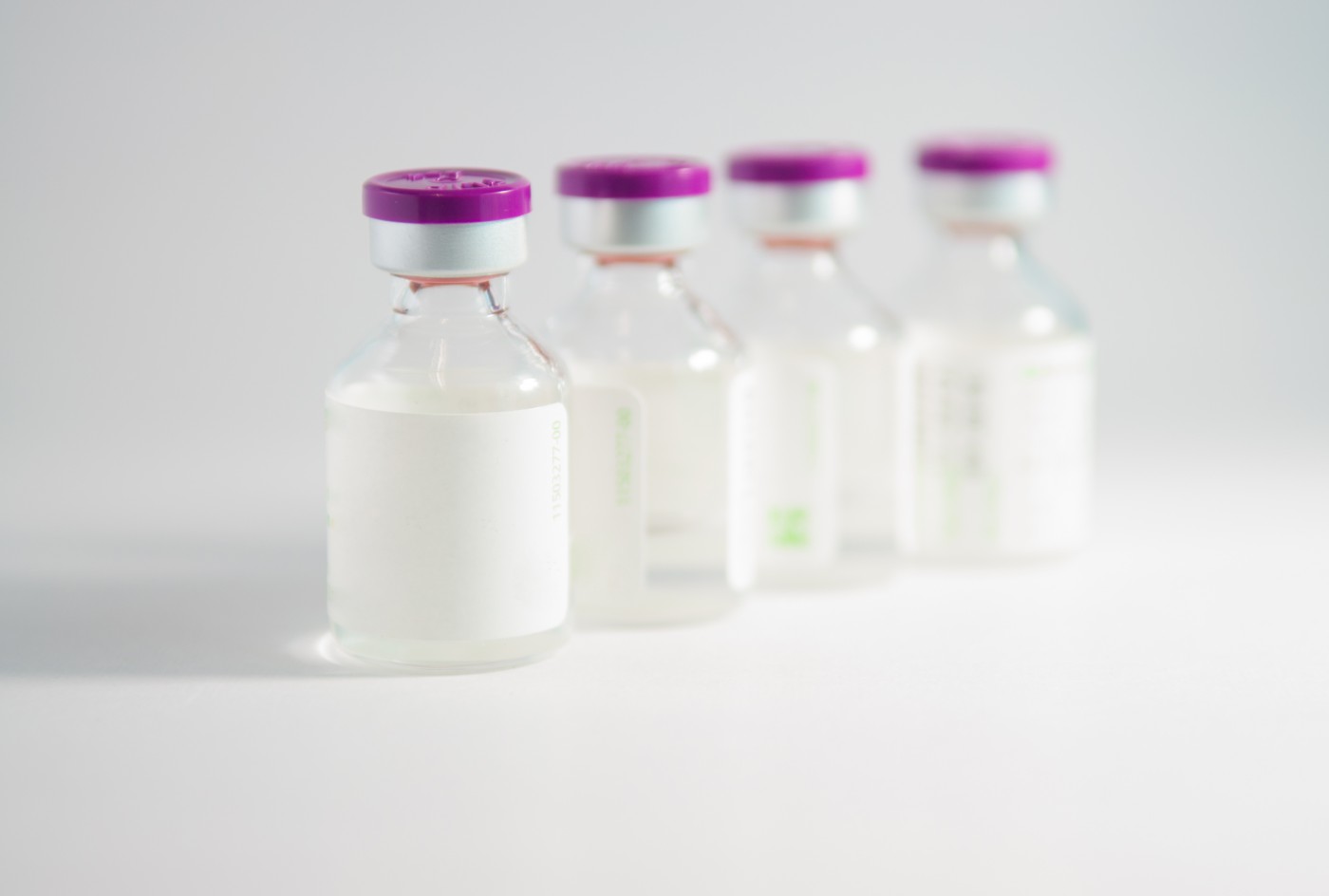Most Patients Prefer Betaconnect Autoinjector for MS Treatment, German Survey Shows
Written by |

A patient satisfaction evaluation of three autoinjector devices for delivering multiple sclerosis treatments found that Bayer’s electronic autoinjector Betaconnect was the choice of 57 percent of the 85 people who took part in the study.
Higher satisfaction with an autoinjector can lead to better adherence, or patients sticking with treatment, according to the study’s authors. Adherence means remaining on a medication and following the prescribed procedure for taking it.
Findings from the German survey, titled “Autoinjector preference among patients with multiple sclerosis: results from a national survey,” were published in the journal Patient Preference and Adherence. An independent market research company organized the survey and conducted face-to-face interviews in five German cities.
Autoinjectors are devices that allow patients to inject themselves with their own medication. People with MS use them to deliver beta interferon-based therapies.
The devices often provide features to improve patient comfort and adherence. These include reminder functions, because people often forget to take a self-administered drug.
Other features include the ability to adjust injection speed and depth; signaling at the beginning and end of the injection process; the ability to correct the positioning of the device on the skin; and a display to visualize injection progress.
The 85 participants in the study were using one of three autoinjectors. Two were electronic autoinjectors, Bayer’s Betaconnect and EMD Serono’s Rebismart, and one was mechanical: Novartis’ autoinjector ExtaviPro.
The participants were first shown an instruction video for using their device. Then they were asked 22 questions about it. The interviewers then asked them what an ideal autoinjector would be like.
Eighty-two percent of those using Betaconnect devices expressed satisfaction. The figures were 67 percent for the Rebismart, and 60 percent for the ExtaviPro.
Then survey participants were shown instruction videos for the devices they were not using, and were asked to test them by injecting them into a pillow.
Assuming the medication they were taking could be administered with any of the three devices, the participants were asked which one they preferred. The Betaconnect autoinjector was preferred by 57 percent of participants and the RebiSmart by 37 percent. Five percent liked the ExtaviPro the best.
“Major hallmarks in the management of chronic diseases such as MS are patient convenience and treatment adherence,” according to the survey’s findings. “In the case of self-administered therapies, these issues are particularly addressed by development and advancement of innovative autoinjection devices which meet patients’ needs.
“In our survey, the Betaconnect device was the most preferred autoinjector and rated closest to an ideal device. Thus, the Betaconnect might contribute to patient convenience and subsequently to improved treatment adherence. These results need to be confirmed in further studies,” the authors concluded.
The authors acknowledged the survey was funded by Bayer Vital GmbH, the manufacturer of Betaconnect.


